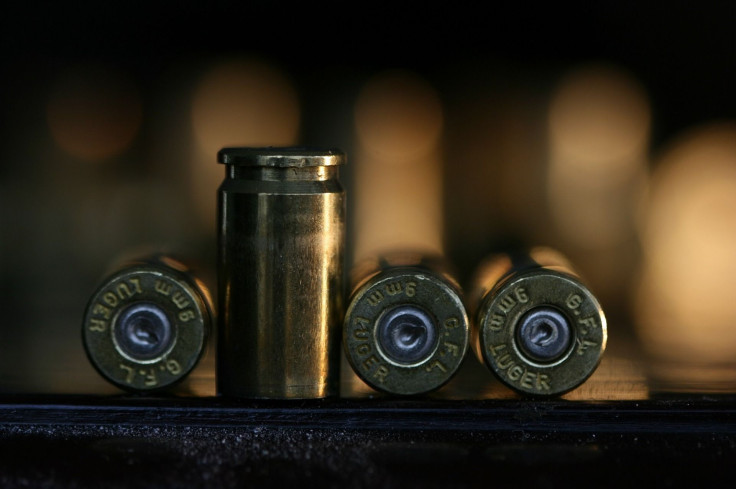Gun Addiction: White Men Emotionally Attached To Firearms, Study Says

The people who have the strongest emotional attachment to their guns are white guys who are under financial stress, according to new research.
Those guns might be a way for people who are feeling powerless to gain some form of control. “White men in economic distress find comfort in guns as a means to reestablish a sense of individual power and moral certitude,” a study in the journal Social Problems says. “Gun empowerment, in turn, affects opinions about gun action and policy.”
The researchers explored survey data on gun owners to better understand their races, genders, religions, political standings and socioeconomic status, and how gun ownership plays into those people’s moral and emotional views. Survey questions asked why the respondents owned guns and their views on gun control.
The data, taken from more than 1,500 people in the U.S., with more than a third of them being gun owners, show that “Americans’ attachment to guns is not explained entirely by regional, religious, or political cultures,” the researchers wrote in their study. Although gun owners are more likely to be religious, they saw that the group most attached to their weapons in a moral and emotional sense were white males who are in economic distress and do not participate in religious activities very much.
“The gun becomes their central sacred object,” researcher Paul Froese said in a statement from Baylor University.
Although both gun owners and non-gun owners had issues with job security and other economic hardship, they react differently to those hardships. The white male gun owners are more likely to say that violence against the government could be justified in some cases.
“This speaks to the belief in some ‘dark state’ within the government which needs fighting,” Froese said. "They see guns as a symbol of freedom and power and “gun control for these owners has come to represent an attack on their masculinity, independence and moral identity.”
© Copyright IBTimes 2025. All rights reserved.





















